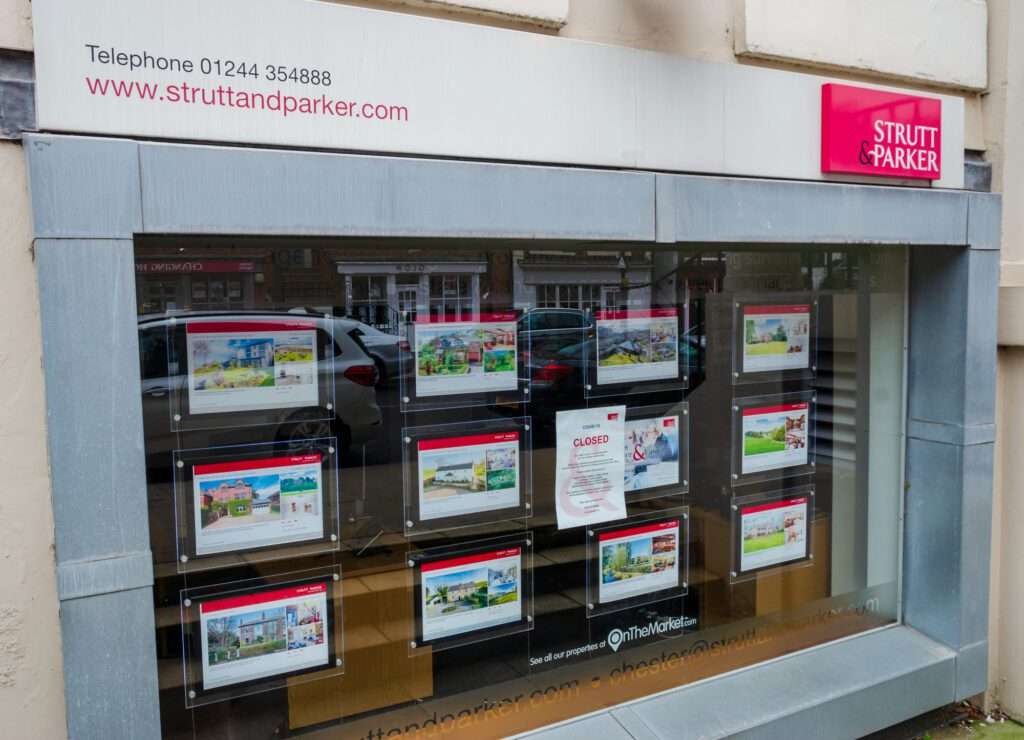The number of limited companies holding buy-to-let (BTL) properties in the UK has surged past 400,000, according to new data from Hamptons.
Since 2016, when the government began phasing out full mortgage interest tax relief for landlords, the number of BTL companies has quadrupled—from 92,975 in February 2016 to 401,744 in February 2025.
A record-breaking 61,517 new limited companies were incorporated in 2024 alone, marking a 23% increase on the previous record set in 2023.
Across England and Wales, 680,000 rental properties are now held in a limited company structure, with 70,000 to 100,000 being added each year.
Hamptons suggests that had the 2016 tax reforms not been introduced, the trend towards incorporating buy-to-let businesses would have been far slower. Without these changes, an estimated 223,000 fewer BTL companies would have been set up over the past nine years, with most rental properties remaining under personal ownership and taxed via self-assessment.
Aneisha Beveridge, Head of Research at Hamptons, says limited companies have become the “structure of choice” for the next generation of landlords.
“Current tax rules mean that most, although not all, new investors find themselves better off in a company structure than owning an investment property in their own name. This means the number of limited companies is likely to continue its upward trajectory for the foreseeable future,” Beveridge said.
However, she warned that 2024 may represent a peak in new BTL company formations, as tax burdens and stamp duty changes create new barriers for landlords.
“Higher stamp duty rates will be a big barrier for investors looking to move an existing rental home from a personal name into a company structure.
“It will also weigh down on the number of new buy-to-let purchases overall, likely suppressing the number of companies being set up.”
With tax advantages continuing to favour corporate structures, the trend of landlords incorporating is unlikely to reverse anytime soon. However, the impact of rising costs and regulatory changes may temper the number of new landlords entering the market in the coming years.





